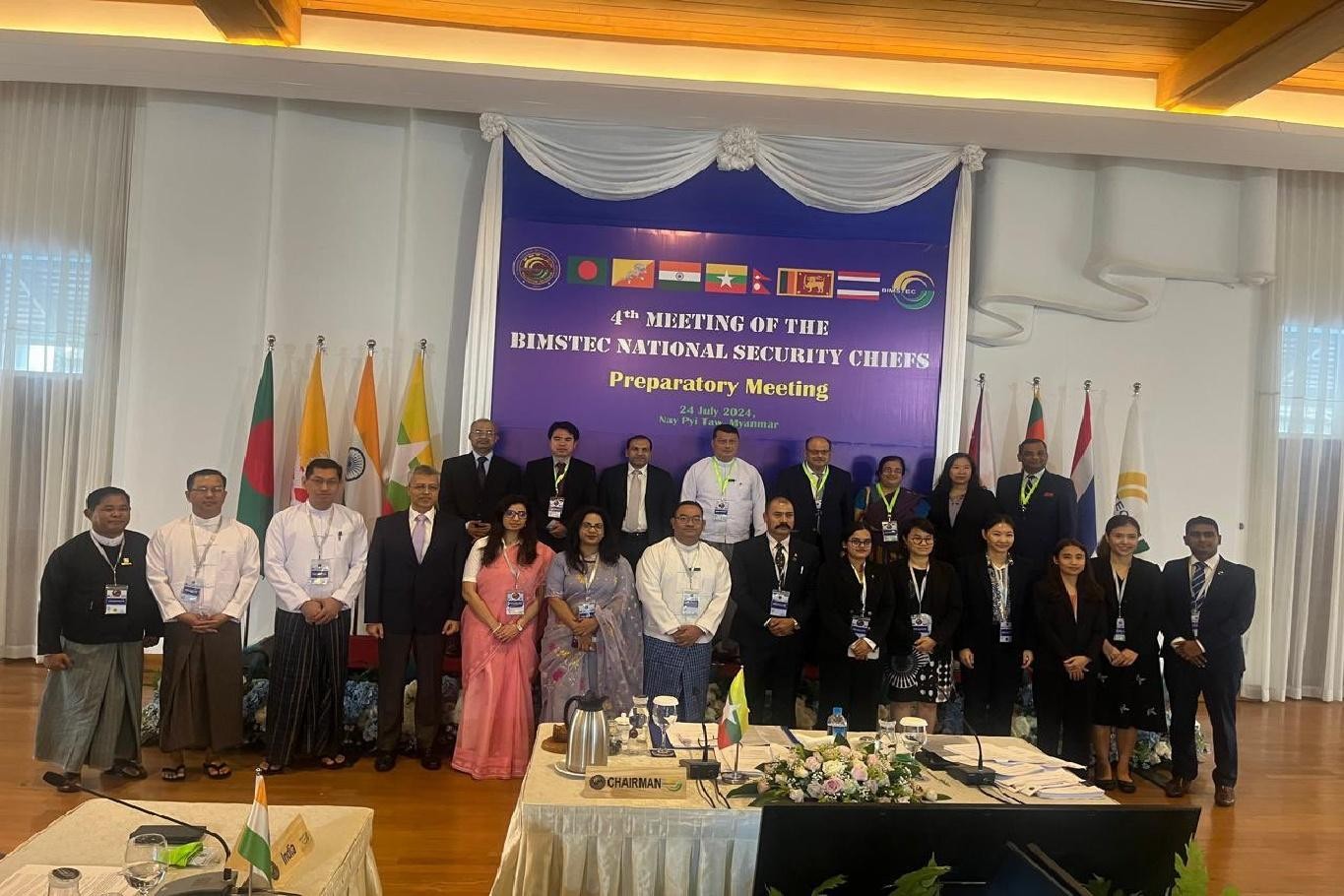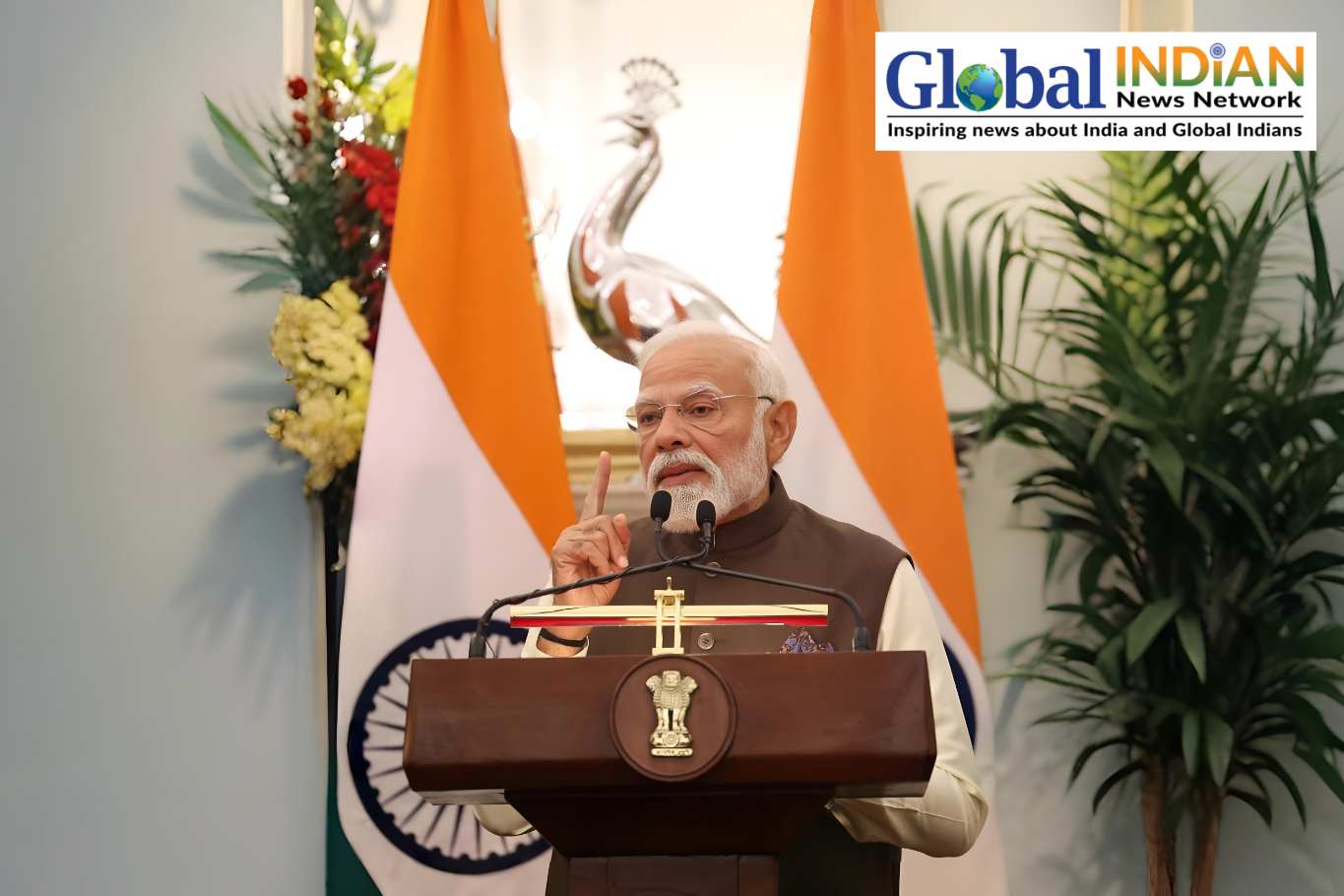
India has taken a significant step in boosting regional security cooperation by assuming the role of lead country for security sector collaboration within the Bay of Bengal Initiative for Multi-Sectoral Technical and Economic Cooperation (BIMSTEC). This development was underscored during the Senior Officials’ Meeting in Nay Pyi Taw, which was held to prepare for the upcoming 4th Meeting of BIMSTEC National Security Chiefs.
The gathering in Myanmar’s capital aimed to strategize and coordinate efforts to tackle common security challenges faced by BIMSTEC member states. “The Indian delegation attended the Senior Officials’ Meeting to lay the groundwork for the 4th Meeting of BIMSTEC National Security Chiefs in Nay Pyi Taw. As the lead country for security sector cooperation within BIMSTEC, India plays a pivotal role,” stated Randhir Jaiswal, Spokesperson for the Ministry of External Affairs.
Earlier this month, External Affairs Minister S. Jaishankar hosted the foreign ministers of BIMSTEC member countries in India’s national capital, aiming to strengthen cooperation among the Bay of Bengal countries. BIMSTEC, a regional organization, connects nations around the Bay of Bengal to promote economic growth, trade, and cooperation in sectors such as transportation, energy, and counter-terrorism. The organization strives to strengthen relationships and foster economic development among its member states, which include Bangladesh, Bhutan, India, Myanmar, Nepal, Sri Lanka, and Thailand.
BIMSTEC serves as a model of regional collaboration, aiming for rapid economic development and social progress through joint initiatives. Built on the values of equality and partnership, the organization tackles mutual challenges and leverages shared opportunities across seven key sectors. Each member country takes the lead in specific areas, showcasing their expertise and dedication to collective progress.
Bangladesh leads trade, investment, and development, including the blue economy, leveraging its strategic location and maritime resources. Sri Lanka emphasizes health and human resource development, concentrating on science, technology, and innovation. Bhutan leads efforts in environmental and climate change, emphasizing sustainable practices. India heads security, including energy and disaster management, contributing to disaster preparedness and strategic energy management. Myanmar oversees agriculture and food security, supporting food sustainability and rural development. Nepal drives people-to-people contact and poverty alleviation. Thailand spearheads initiatives to boost connectivity by improving regional infrastructure and transport networks.
BIMSTEC is also dedicated to collaborating with international and regional organizations, ensuring its objectives align with global development goals. Through a focus on mutual support, joint ventures, and capacity building, BIMSTEC aims to turn its collaborative efforts into real benefits, enhancing living standards and fostering inclusive growth throughout the Bay of Bengal region.









